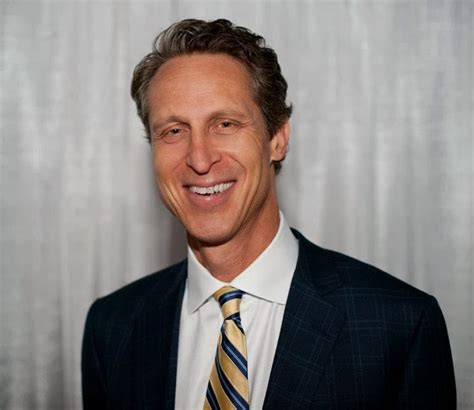A Quote by Tim Crane
A real naturalistic approach, I would claim, should take the reality of mental representation as a natural fact. A lot can be said about this fact, but there is no need to say it all in terms of necessary and/or sufficient conditions which are stated in non-intentional terms. The idea that naturalism might require that all the truths should be stated in a particular kind of vocabulary now strikes me as a very peculiar one.
Related Quotes
It would be impossible to accept naturalism itself if we really and consistently believed naturalism. For naturalism is a system of thought. But for naturalism all thoughts are mere events with irrational causes. It is, to me at any rate, impossible to regard the thoughts which make up naturalism in that way and, at the same time, regard them as a real insight into external reality...If it is true, then we can know no truths. It cuts its own throat.
If I was going to sum up my approach to this whole mind issue, I would say this: the question is often formulated in a very bad way - for example, by posing the question in terms of stuff. It's better to start with the things we do know: for example, that there are people and other thinking creatures, who have mental capacities. Our next step should be to say something about these capacities.
I would say you might encounter many defeats but you must never be defeated, ever. In fact, it might even be necessary to confront defeat. It might be necessary, to get over it, all the way through it, and go on. I would teach her to laugh a lot. Laugh a lot at the - and the silliest things and be very, very serious. I'd teach her to love life, I can bet you that.
There's no real objection to escapism, in the right places... We all want to escape occasionally. But science fiction is often very far from escapism, in fact you might say that science fiction is escape into reality... It's a fiction which does concern itself with real issues: the origin of man; our future. In fact I can't think of any form of literature which is more concerned with real issues, reality.
I think all people are familiar with thinking about their death and trying to come to terms with the fact that we will, at some point, no longer exist. The loss of one's ego is very tough to reconcile with; you really have to do a lot of mental gymnastics to wrap your head around the idea of just not existing anymore.
The very fact that we are having a national conversation about what we should eat, that we are struggling with the question about what the best diet is, is symptomatic of how far we have strayed from the natural conditions that gave rise to our species, from the simple act of eating real, whole, fresh food.
The process [of mass-media deception] has to be conscious, or it would not be carried out with sufficient precision, but it also has to be unconscious, or it would bring with it a feeling of falsity and hence of guilt.... To tell deliberate lies while genuinely believing in them, to forget any fact that has become inconvenient, and then, when it becomes necessary again, to draw it back from oblivion for just so long as it is needed, to deny the existence of objective reality and all the while to take account of the reality which one denies all this is indispensably necessary.
Practice can be stated very simply. It is moving from a life of hurting myself and others to a life of not hurting myself and others. That seems so simple-except when we substitute for real practice some idea that we should be different or better than we are, or that our lives should be different from the way they are. When we substitute our ideas about what should be (such notions as "I should not be angry or confused or unwilling") for our life as it truly is, then we're off base and our practice is barren.
There are also two kinds of truths, those of reasoning and those of fact. Truths of reasoning are necessary and their opposite is impossible, and those of fact are contingent and their opposite is possible. When a truth is necessary its reason can be found by analysis, resolving it into more simple ideas and truths until we reach those which are primitive.
Something which is against natural laws seems to me rather out of the question because it would be a depressive idea about God. It would make God smaller than he must be assumed. When he stated that these laws hold, then they hold, and he wouldn't make exceptions. This is too human an idea. Humans do such things, but not God.








































